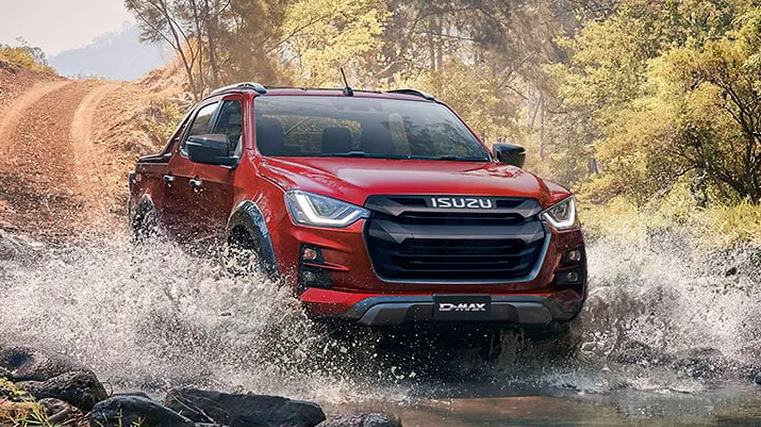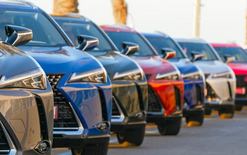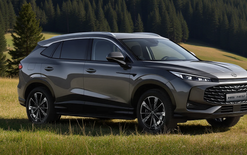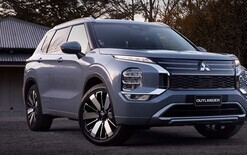Industry wary despite record sales

Strong demand for new vehicles in Australia has continued into 2024 and the market achieved record January sales of 89,782, which was up by 5.8 per cent from the same month a year ago.
It also broke the previous January record of 88,551 units that was set in 2018, according to the Federal Chamber of Automotive Industries (FCAI).
Last month’s record result was underpinned by consumer preference for SUVs and light commercials, which had market shares in January of 55.5 per cent and 22.9 per cent respectively. Passenger vehicles took out 18.3 per cent of sales.
Low-emissions vehicles also remained popular, with hybrids, plug-in hybrids and battery electric vehicles (BEVs) making up 17.4 per cent of registrations. BEVs alone represented 5.4 per cent.
Ford’s Ranger was the top-selling vehicle across the ditch in January with 4,747 sales, followed by the Toyota’s Hilux on 4,092.
The next spot on the models’ ladder was shared by the Toyota Landcruiser and Isuzu Ute D-Max, pictured, as both recorded 2,541 sales and Toyota’s RAV4 completed the top five on 2,211 units.
Toyota was the leading marque with 17,903 registrations. Mazda was next on 8,165, followed by Ford with 6,624, Hyundai on 6,162 and Mitsubishi with 5,911.
Tony Weber, FCAI chief executive, says while the strong performance of the new-vehicle market in 2023 had carried over into January, there were concerns for the outlook of 2024 given current economic conditions.
“The continuing preference for SUVs and utes demonstrates the challenges the commonwealth government is facing as it works to introduce a new vehicle emissions standard,” he adds.
“Industry wants an emissions standard that is ambitious without limiting the choice and increasing the cost of the vehicles Australians need and want.
“Even with the current incentives offered by the commonwealth and state and territory governments, sales of battery electric vehicles appear to have plateaued during recent months.”





